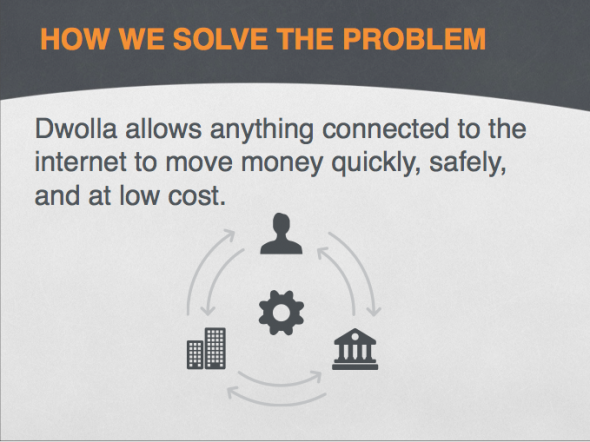Lessons From The Sharing Economy | TechCrunch
Jay Liew stashed this in startups
Stashed in: Airbnb, startup, Uber, Economics, airbnb, Uber
The common misconception that the sharing economy requires very little capital and just requires some good code and design couldn’t be further from the truth.
Airbnb, Lyft and Uber have all raised hundreds of millions of dollars. Just to launch fitmob and prove product market fit we raised over $9 million in equity and venture debt financing. Why?
First, in the early days it’s critical to curate and have the best “supply”. Often times the platform needs to subsidize the best providers to have them forego their current opportunities and solve the “chicken or egg” problem. Lyft, Uber, and fitmob all had to pay providers some sort of “floor” initially to make it worth their while when consumer demand was not predictable. Second, these are hyperlocal businesses that require very targeted seed marketing to get the flywheel going.
Once you’ve nailed the business in one market and move to a new city, it’s like building a new company from scratch. Third, like other startups, there is a war to hire the best talent but these businesses require broader expertise than just tech – they need local marketing, logistics, market experts and regulatory firepower. It may be cheap to build a marketplace app, but not to provide a consistent high-quality service and scale it across multiple locations.
Much love for the focus on the offline experience. If you troll, for example, Lyft's twitter page, it's littered with real time testimonials of customers' great experiences. No amount of capital or fantastic engineering can overcome goodwill and a sublime customer experience.
I guess the original shared economy company eBay also had a lot of goodwill and testimonials.
Uber does not seem to have as many but they seem to be succeeding anyway.











11:12 AM Sep 01 2014